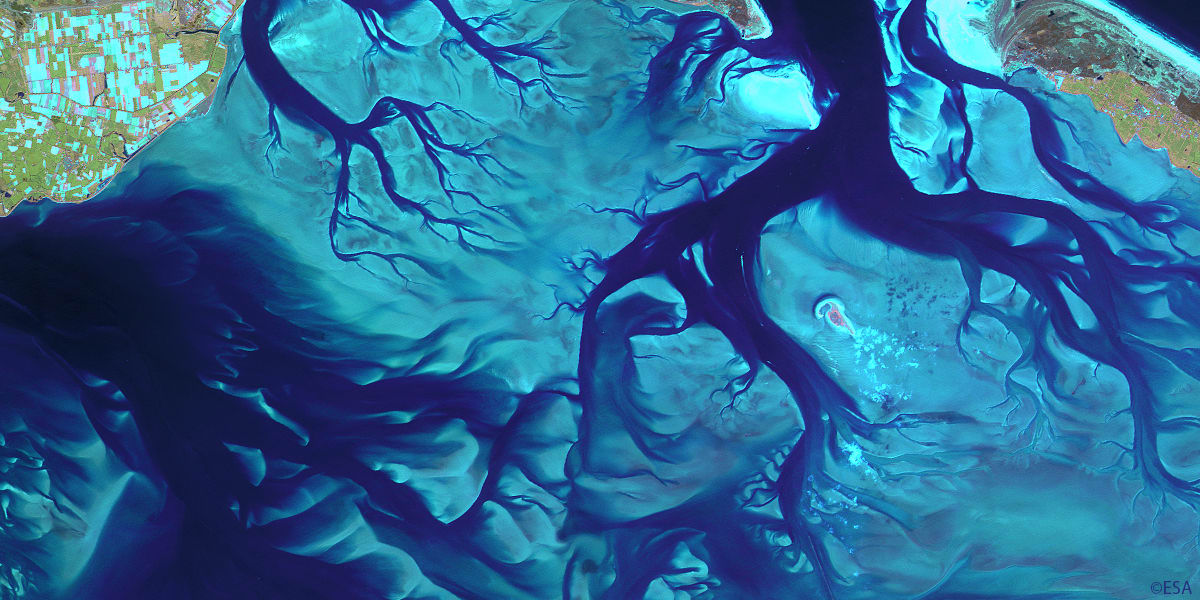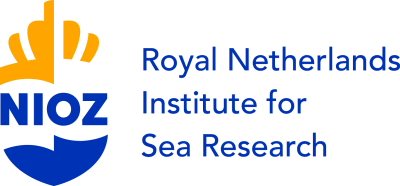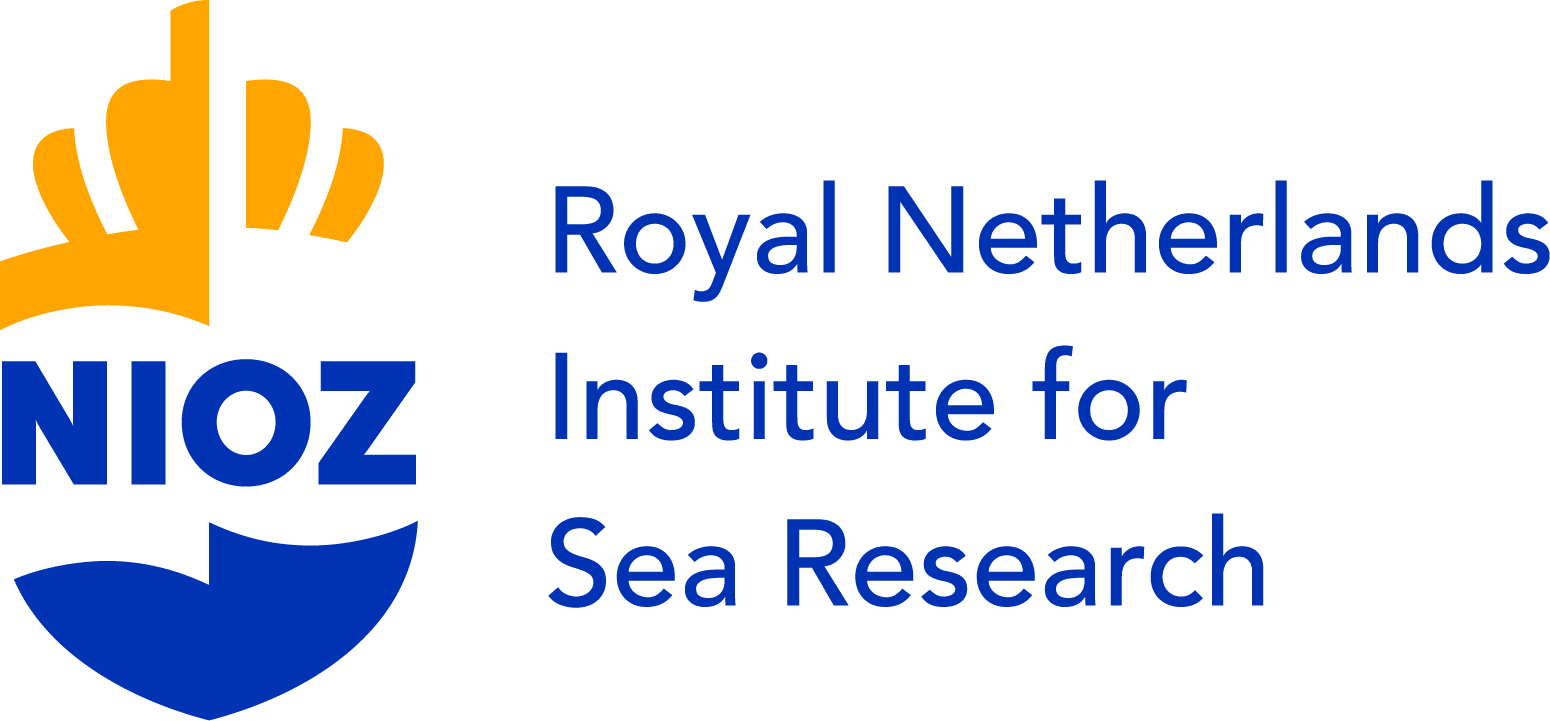
Two PhD positions: “Developing and testing emergent trait-based mimics to restore coastal ecosystems”
On-site- 't Horntje, Texel, Noord-Holland, Netherlands
Coastal Systems (COS)
Job description
The department of Coastal Systems (COS) at the Royal Netherlands Institute for Sea Research is looking for two motivated PhD candidates to fulfil a 4-year position. Both positions will be part of the NWO-funded Vici-project “Engineering emergent trait-based mimics to restore coastal ecosystems”. The aim of the positions will be to co-develop and experimentally test naturally degradable structures that facilitate the restoration of habitat-forming species, such as salt marsh plants, seagrasses, and reef-forming worms and bivalves as part of a multi-disciplinary research team. The first PhD-position will focus on restoration of coastal reefs, while the second will work with coastal vegetation. Both positions are within the group of Prof. T. van der Heide (NIOZ).
THE INSTITUTE
NWO-NIOZ Royal Netherlands Institute for Sea Research is the national oceanographic research institute. The mission of NIOZ is to perform academically excellent multidisciplinary fundamental and frontier-applied marine research addressing important scientific and societal questions pertinent to the functioning of oceans and seas. NIOZ also serves as national marine research facilitator (NMF) for The Netherlands scientific community, and stimulates and supports national and international marine research, marine education programs and marine policy development.
THE DEPARTMENT
COS examines how physical, chemical and biological processes interact to determine the distribution, composition and productivity of marine species - from primary producers to top predators - and marine habitats - from the coast to inter/sub-tidal and pelagic environments. Research is applied at both the regional and global scales to develop knowledge and methods needed for climate adaptation and mitigation and for biodiversity protection and restoration.
THE PROJECT
Coastal ecosystems that are shaped by habitat-forming species (so-called ‘biogenic ecosystems’), such as salt marsh plants, seagrasses, and reef-forming worms and bivalves provide vital services but are rapidly declining worldwide. Supported by the UN’s call to action in the ‘Decade on Restoration’ and ‘EU Nature Restoration Law’, governments, industry and nature organizations have increasingly embraced restoration as a vital tool to halt and reverse ecosystem losses. Unfortunately, restoration of biogenic ecosystems is failure-prone, because their stability hinges on self-facilitation generated by ‘emergent traits’, such as dense sediment-stabilizing root mats or strong and persistent reef structures. Such traits emerge when habitat formers aggregate, causing self-facilitation to only work beyond certain minimum patch size and density thresholds. This creates a ‘chicken-and-egg problem’ when ecosystem restoration is attempted on degraded systems. In this project, a multidisciplinary research team will test a new framework that combines methods from ecology, industrial design, and engineering to develop biodegradable or erodible structures that temporarily mimic key emergent traits using industrial-scale additive manufacturing (i.e., 3D-printing) techniques. The resulting prototype mimics should ‘kick-start’ establishment of the target habitat-modifying species, after which they are allowed to naturally degrade. Within the team, the role of both PhD candidates will be to (1) assist in the development of new prototype mimics, (2) explore the environmental conditions under which these mimics can be usefully applied using remote sensing analyses, and (3) test the performance of competing prototype mimics in field experiments – both nationally and internationally.
Job requirements
THE CANDIDATE
You must have completed your MSc degree in ecology, biology, geomorphology, marine (or environmental) science or related discipline. Preferably, you will also have:
- Experience with ecological (field) experiments;
- Strong analytical and computational skills for the analysis of remote sensing datasets, and the experimental results using (spatial) statistical methods;
- A keen interest in performing multi-disciplinary work as part of larger research team;
- A passion and capacity to work with scientists, engineers, policymakers, and NGOs;
- Good collaborative skills, excellent written and oral communication in English.
Please indicate in your application for which PhD-position you are applying for (or possibly both positions) and provide arguments for this in your cover letter.
NIOZ wants to be a transparent institute with a healthy working climate and an inclusive culture, where people from diverse backgrounds and gender bring their talents and further develop these talents. We aim for inclusive decision-making processes and expect our leadership to show visible commitment, awareness of bias, and cultural intelligence.
CONDITIONS
- Employment of this full-time position at Royal NIOZ is by NWO-I, for a total duration of 4 years. You start with an appointment for the duration of 1 year and, after a positive evaluation in the 9th month (Go-No go), you will be extended to the full period of 4 years.
- Salary compliant with scales for PhD candidate (OIOs) CAO-WVOI (Collective Labour Agreement for Dutch Research Institutes).
- An appointment at NIOZ as a PhD candidate means working and learning simultaneously conform the NIOZ PhD policy.
- 338 annualized holiday hours for a full-time 40-hour work week.
- Pension scheme via ABP, 8% holiday allowance and a year-end bonus of 8.33%.
- 2nd class public transportation travel is reimbursed 100%.
- Employment benefits plan to exchange a portion of your salary for days off or vice versa, or can be used to purchase a bicycle with tax benefits.
- We offer relocation expenses for employees coming from abroad and support with finding accommodation.
MORE INFORMATION
For additional information about this vacancy, please contact Prof. Dr. Ir. Tjisse van der Heide. For additional information about the procedure, please send an e-mail to working@nioz.nl
Closing date for this vacancy is 11 October 2024.
or
All done!
Your application has been successfully submitted!

